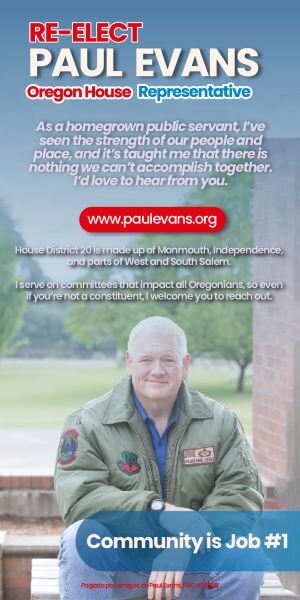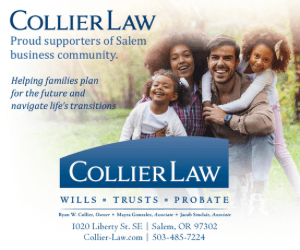New Homeless Alliance Initiative Addresses Unsheltered Chronic Homelessness

| Of the unsheltered adults without children experiencing homelessness in the Marion-Polk region, 62% experience chronic homelessness
SALEM, ORE. 26 Oct., 2022—The Mid-Willamette Valley Homeless Alliance has approved an in-depth plan to address unsheltered chronic homelessness for people with severe service needs in the region. The Alliance plan includes expansion of shelter and permanent supportive housing and enhanced social support services for unsheltered community members. This week, the Alliance applied for special U.S. Department of Housing & Urban Development (HUD) funds to further support this initiative. According to United States Senator Jeff Merkley, the initiative, “…will provide additional on-the-ground outreach capacity to ensure that some of the most vulnerable and hardest to house community members are able to successfully access housing opportunities, social services, and healthcare resources by making direct connections and referrals to partner organizations.” The Marion-Polk region has a disproportionately large population of chronically homeless adults. Assessments of Marion-Polk unsheltered adults without children in the past year found 62% were chronically homeless. By comparison, a 2020 snapshot identified 45% of unsheltered individuals in Oregon households without children, and 35% across the nation, were chronically homeless. The new plan addresses this need by promoting partnerships with health care organizations, public housing authorities and housing providers, and people with lived experience with homelessness. Plan objectives are to:
The Marion-Polk region added 392 emergency shelter beds since 2021 through Project Turnkey and other repurposed hotel/motel facilities, expansion of the Union Gospel Mission Men’s Mission, and development of micro-shelter villages. “While the Alliance’s current strategy has performed well, we continue to actively pursue funding and resources in order to get people experiencing chronic homelessness into permanent housing,” said Keizer Mayor Cathy Clark who chairs the Alliance. “This initiative is a big step toward providing our unsheltered chronically homeless community members with access to the services and housing options that they need.”
|






